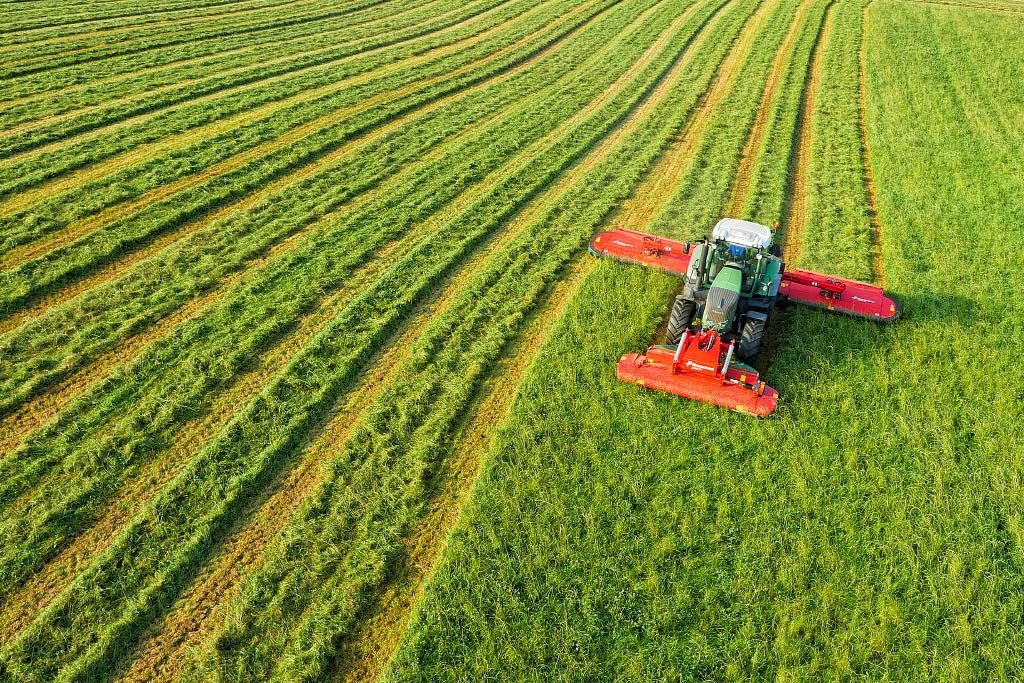ASTANA – Introducing digital transformation, or precise farming, is one of the main development directions of the Akmola region’s agro-industrial complex. The region’s 2,707 land users have digitised approximately 5.5 million hectares, reported Kazinform with reference to the regional communications service.
By definition, e-agriculture involves designing, developing and applying innovative ways to use information and communication technologies, including digital technologies, in the rural domain. Farmers use smartphones to check soil depth and communicate with farm management software, driverless tractors and aerial drones. The primary focus is on agriculture, including fisheries, forestry and livestock, according to the United Nations Food and Agriculture Organisation.
Elements of precise farming have been introduced in pilot mode this season by scientists from Saken Seifullin Kazakh State Agrotechnical University at the region’s core enterprises such as Akmola Phoenix, Dihan Plus LLP and Zhuravlevka – 1 LLP.
“Certain elements of precise farming are being introduced in the practice by agricultural producers of the region. During the period of preparation for the planting season, specialists initially determine important elements in the soil (nitrogen, phosphorus, potassium) for the development of plants. They also take into account criteria such as the humus content and soil acidity. Based on the information received, farmers enter mineral fertilisers considering the state of each specific section of the field,” noted the service.
In addition, the space monitoring system is underway in the Akmola region, the results of which will determine the pollution state of sowing and fallows as well as the forecast of gross harvest by district.
“The application of the method will allow producers of agricultural products to promptly make the optimal solutions on the use of agricultural technology during the field work. Most importantly, it will also allow saving petrol, oil and lubricants and to effectively use the fertilisers and herbicides, as well as to make electronic applications for subsidies, loans and insurance,” added the service.
According to FAO, agricultural production could become more precise, environmentally friendly and fast-reacting if digital technologies penetrate the sector.

